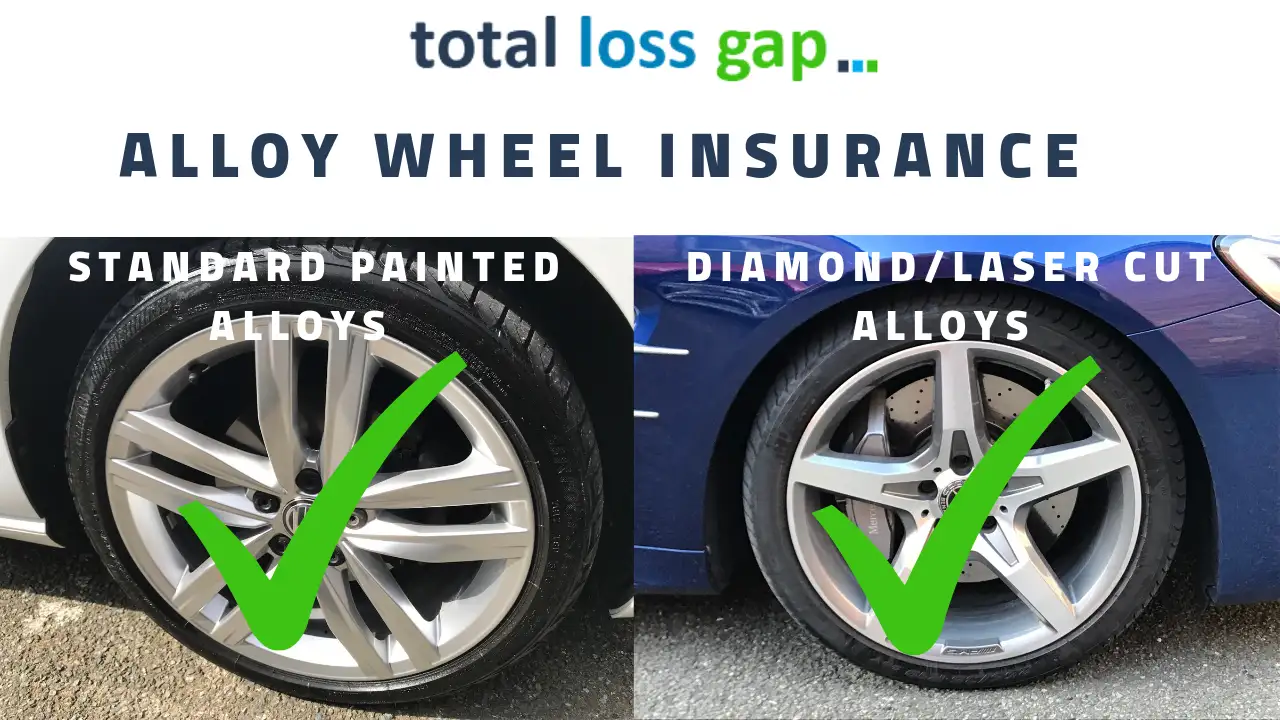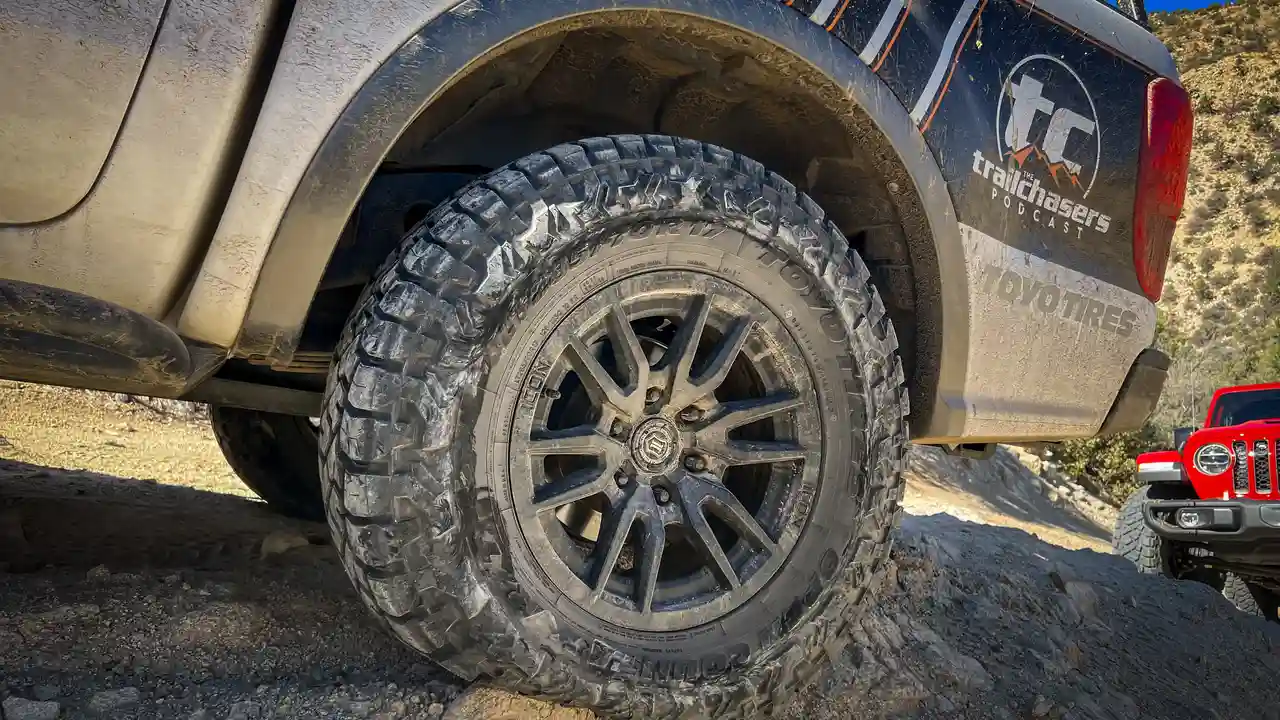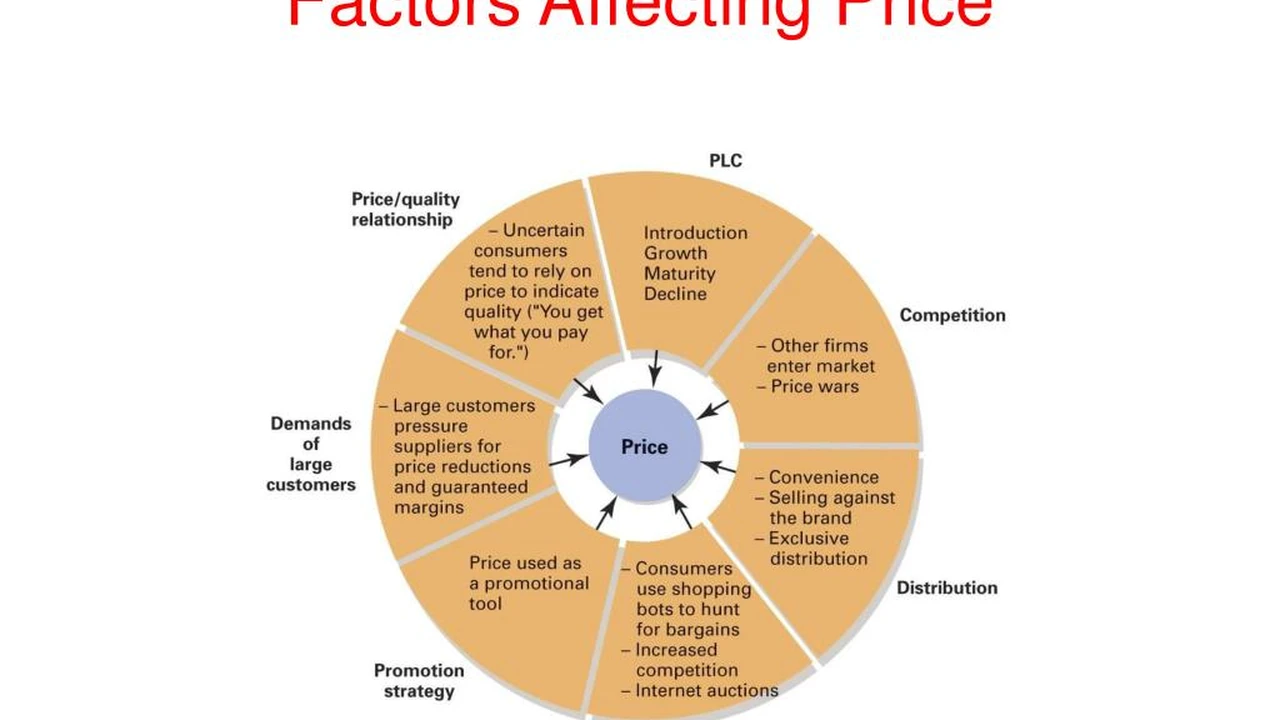Body Kit Materials: Which One is Right for You?
Choosing the right body kit material is crucial. We explore the pros and cons of fiberglass, polyurethane, and carbon fiber. Learn which material offers the best balance of durability, cost, and aesthetics for your needs.

Understanding Body Kit Materials and Their Importance
So, you're thinking about slapping a body kit on your ride? Awesome! But before you go wild and click "buy," let's talk materials. This isn't just about looks, folks. The material your body kit is made from will seriously impact its durability, how easy it is to install, how much it costs, and even how it performs. Choosing the wrong material can lead to a cracked bumper after the first speed bump or a kit that looks like it was installed by a toddler. Let's dive deep into the world of body kit materials and find the perfect match for your car and your budget.
Fiberglass Body Kits: Affordable Style on a Budget
Fiberglass is probably the most common material you'll find when shopping for body kits. It's relatively inexpensive to produce, which translates to lower prices for you. But like everything in life, there are trade-offs.
Fiberglass Pros:
- Cost-Effective: This is the biggest selling point. Fiberglass body kits are generally the cheapest option.
- Design Flexibility: Fiberglass can be molded into complex shapes, allowing for a wide variety of designs.
- Lightweight: Lighter than polyurethane, which *can* slightly improve performance and fuel economy (though you likely won't notice a huge difference).
Fiberglass Cons:
- Fragile: This is the big one. Fiberglass is brittle and prone to cracking or shattering on impact. Think of it like glass – a small bump can cause serious damage.
- Difficult to Repair: Repairing fiberglass requires specialized skills and materials. It's not a simple DIY fix.
- Poor Fitment: Fiberglass kits often require significant modification to fit properly. This can add to the installation cost. Gaps, uneven lines, and general frustration are common.
- Susceptible to Damage: Road debris, rocks, and even extreme temperature changes can damage fiberglass.
Ideal for: Cars that are primarily show cars or those driven carefully on smooth roads. If you're on a tight budget and prioritize style over durability, fiberglass might be an option. But be prepared for potential repairs and fitment issues.
Polyurethane Body Kits: Durable and Flexible for Everyday Driving
Polyurethane (often shortened to PU) is a step up from fiberglass in terms of durability and flexibility. It's a plastic-based material that can withstand more abuse without cracking or breaking.
Polyurethane Pros:
- Durable: Much more resistant to impacts than fiberglass. Can flex and bend without cracking, making it more suitable for everyday driving.
- Good Fitment: Polyurethane kits generally have better fitment than fiberglass, requiring less modification during installation.
- Repairable: While not as easy as repairing a dent in metal, polyurethane can be repaired with specialized adhesives and fillers.
- OEM Quality: Often used by car manufacturers for bumpers and other parts, indicating a higher level of quality and durability.
Polyurethane Cons:
- More Expensive: Polyurethane kits are more expensive than fiberglass.
- Heavier: Slightly heavier than fiberglass, which could potentially impact performance (though the difference is usually negligible).
- Limited Design Options: Not as easy to mold into complex shapes as fiberglass, so design options may be more limited.
Ideal for: Daily drivers and cars that see regular use. If you prioritize durability and good fitment, polyurethane is a great choice. It can handle the bumps and scrapes of everyday driving without falling apart.
Carbon Fiber Body Kits: Lightweight Performance and High-End Style
Carbon fiber is the king of body kit materials. It's incredibly strong, incredibly lightweight, and incredibly expensive. Carbon fiber kits are typically reserved for high-performance cars and those who want the ultimate in style and performance.
Carbon Fiber Pros:
- Extremely Lightweight: Significantly lighter than fiberglass or polyurethane, which can improve performance, handling, and fuel economy.
- Incredibly Strong: Carbon fiber is exceptionally strong, offering excellent impact resistance.
- High-End Appearance: The distinctive weave pattern of carbon fiber gives it a unique and aggressive look.
- Prestige: Carbon fiber is a status symbol in the automotive world.
Carbon Fiber Cons:
- Extremely Expensive: Carbon fiber kits are the most expensive option by far.
- Difficult to Repair: Repairing carbon fiber requires specialized skills and equipment. It's not a DIY job.
- Susceptible to UV Damage: Carbon fiber can fade or yellow over time if exposed to prolonged sunlight. A UV-resistant clear coat is essential.
- Potential for Cracking: While strong, carbon fiber can crack under extreme stress or impact.
Ideal for: High-performance cars, track cars, and those who want the ultimate in style and performance, regardless of cost. If you're serious about weight reduction and have deep pockets, carbon fiber is the way to go.
Specific Product Recommendations and Comparisons
Okay, let's get down to brass tacks and look at some specific body kit options. Remember, prices can vary depending on the vendor and the specific car model.
Fiberglass Option: Duraflex Body Kits
Duraflex is a brand known for producing fiberglass body kits with a slightly more flexible resin. This can help improve impact resistance compared to standard fiberglass, but it's still not as durable as polyurethane. Expect to pay around $500-$1500 for a full kit, depending on your car.
Ideal Usage: Show cars, cars driven on smooth roads, budget-conscious builds.
Comparison: While more flexible than standard fiberglass, Duraflex still requires careful handling and is not recommended for daily drivers in areas with rough roads.
Polyurethane Option: Extreme Dimensions Duraflex Flexfit Body Kits (Yes, a confusing name!)
Despite the "Duraflex" name, these kits are actually made from polyurethane. Extreme Dimensions is a popular brand offering a wide range of polyurethane body kits. These kits offer good fitment and durability for the price. Expect to pay around $800-$2000 for a full kit.
Ideal Usage: Daily drivers, cars that see regular use, those who want a balance of durability and affordability.
Comparison: A solid choice for most people. Offers better durability than fiberglass without the extreme cost of carbon fiber.
Carbon Fiber Option: APR Performance Body Kits
APR Performance specializes in high-performance carbon fiber components. Their body kits are designed for maximum weight reduction and aerodynamic efficiency. Be prepared to shell out some serious cash – full kits can easily cost $5000 or more.
Ideal Usage: Track cars, high-performance builds, those who prioritize weight reduction and aerodynamic performance above all else.
Comparison: The ultimate choice for performance enthusiasts. Provides significant weight savings and improved aerodynamics, but comes at a steep price.
Price Considerations: What You'll Really Pay
The price of a body kit isn't just the cost of the kit itself. You also need to factor in installation, painting, and any necessary modifications. Here's a rough breakdown:
- Body Kit: As discussed above, prices range from $500 for fiberglass to $5000+ for carbon fiber.
- Installation: Professional installation can cost anywhere from $500 to $2000, depending on the complexity of the kit and the labor rates in your area. Fiberglass kits often require more modification, which increases the installation cost.
- Painting: Painting a body kit to match your car's color can cost $500 to $2000, depending on the size of the kit and the quality of the paint job.
- Modifications: Expect to spend extra on modifications, especially with fiberglass kits. This can include things like sanding, filling gaps, and reinforcing weak areas.
Total Cost: A full body kit installation can easily cost anywhere from $1500 to $9000 or more, depending on the material, the complexity of the kit, and the labor costs in your area. Do your research and get quotes from multiple shops before committing to a project.
Usage Scenarios: Matching the Material to Your Needs
Let's think about some specific scenarios to help you decide which material is right for you:
- Scenario 1: The Weekend Cruiser: You only drive your car on weekends and want to make it look good for car shows. Fiberglass might be a viable option, as you're less likely to encounter rough roads or impacts.
- Scenario 2: The Daily Commuter: You drive your car every day to work and need something that can withstand the rigors of daily driving. Polyurethane is the best choice for durability and practicality.
- Scenario 3: The Track Day Warrior: You take your car to the track regularly and want to improve its performance. Carbon fiber is the ultimate choice for weight reduction and aerodynamic efficiency.
- Scenario 4: The Budget Builder: You're on a tight budget and want to improve the look of your car without spending a fortune. Fiberglass is the most affordable option, but be prepared for potential fitment and durability issues.
Making the Right Choice: A Summary
Choosing the right body kit material is a crucial decision that will impact the look, durability, and cost of your project. Consider your budget, driving habits, and desired level of performance before making a decision. Fiberglass is affordable but fragile, polyurethane is durable and practical, and carbon fiber is the ultimate in performance and style. Do your research, get quotes from multiple shops, and choose the material that best suits your needs and budget. Good luck!
:max_bytes(150000):strip_icc()/277019-baked-pork-chops-with-cream-of-mushroom-soup-DDMFS-beauty-4x3-BG-7505-5762b731cf30447d9cbbbbbf387beafa.jpg)






